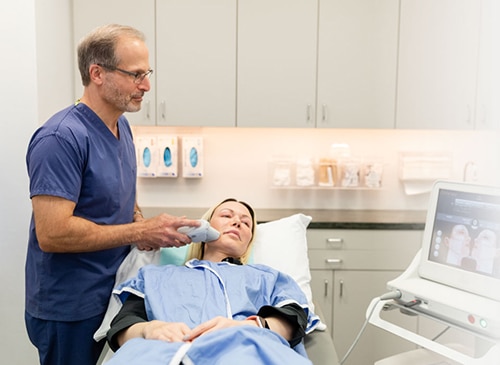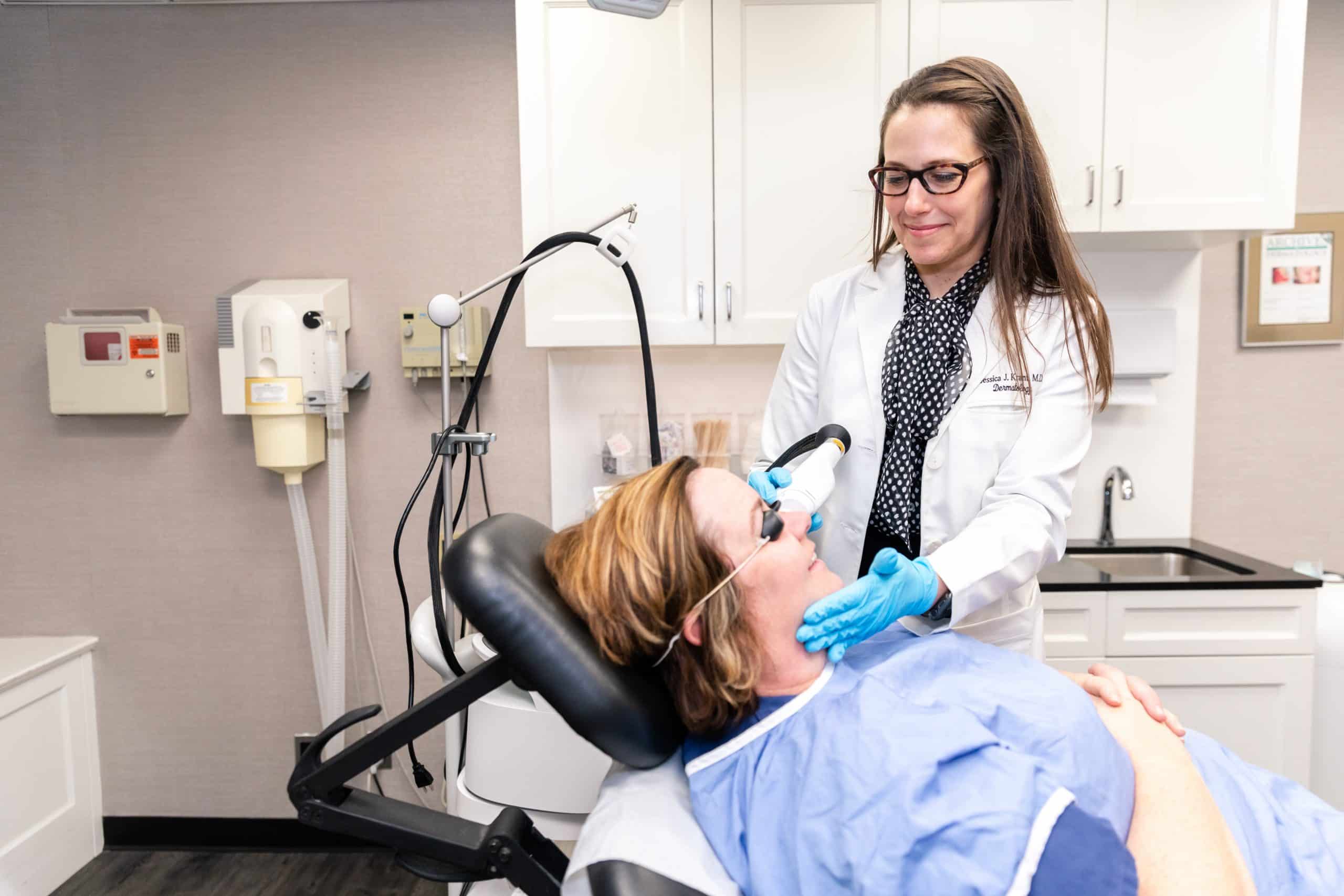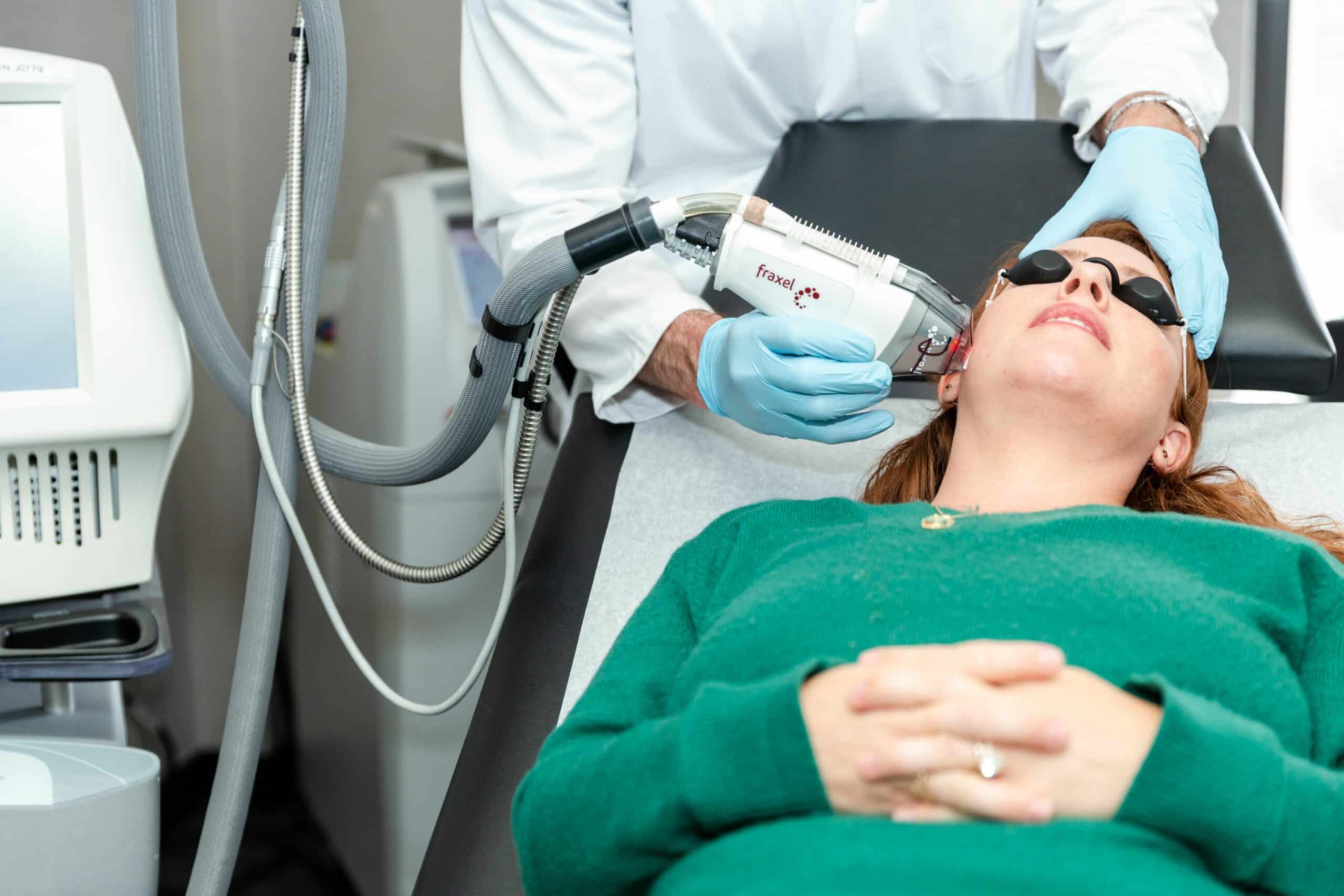Homepage // Conditions / Acne
Acne & Pimples Guide + Causes New York, NY
Acne is commonly associated with adolescence, but it can occur in adults as well. As many as 85% of Americans will have acne at some point in their lives.
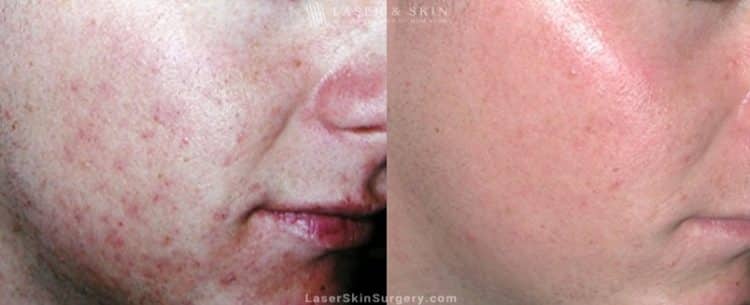
Acne affects more than your skin. We understand how even the mildest breakout can negatively impact your self-confidence and self-esteem. Acne can range from the occasional pimple to extreme, ongoing breakouts that might go on for several years. Severe breakouts have been linked to anxiety and depression in studies.
While there is no cure for acne, our board-certified dermatologists have the expertise, experience, and devices necessary to get your acne under control.
What Causes Acne?
Three processes in the skin can lead to the formation of acne:
- Dead skin cells collect and clog your pores
- Sebaceous glands produce too much oil in the follicles
- Bacteria builds up in your pores, leading to breakouts
Acne is not an infection of the skin, but an inflammatory condition. Factors that can increase your likelihood of a breakout include:
- Genetics
- Hormones
- Stress
- Mechanical causes such as makeup or dirt accumulated during a workout
- Diet (studies have suggested foods such as milk and refined, processed foods that contribute to a high glycemic diet may result in acne)
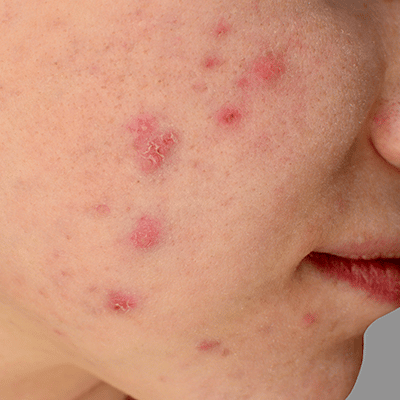

Acne Symptoms
- Papules – small, red, and raised bumps, may be tender but often are not
- Pustules – small, red pimples containing white or yellow pus, can be tender
- Nodules – solid, inflamed, often painful lumps beneath the skin’s surface
- Cysts – large, soft, usually painful lumps containing pus deep beneath the skin’s surface
*photo taken before COVID-19
Acne Medication Options
Some patients respond quite well to topical or oral medications for managing their acne. These medications include:
Topical Medications:
- Retinoids
- Benzoyl peroxide
- Azelaic acid
Oral Medications:
- Antibiotics (Tetracycline, Doxycycline, Minocycline)
- Hormone (androgen) blockers (Spironolactone)
- Isotretinoin (Accutane) – requires ongoing monitoring while on the medication
*photo taken before COVID-19
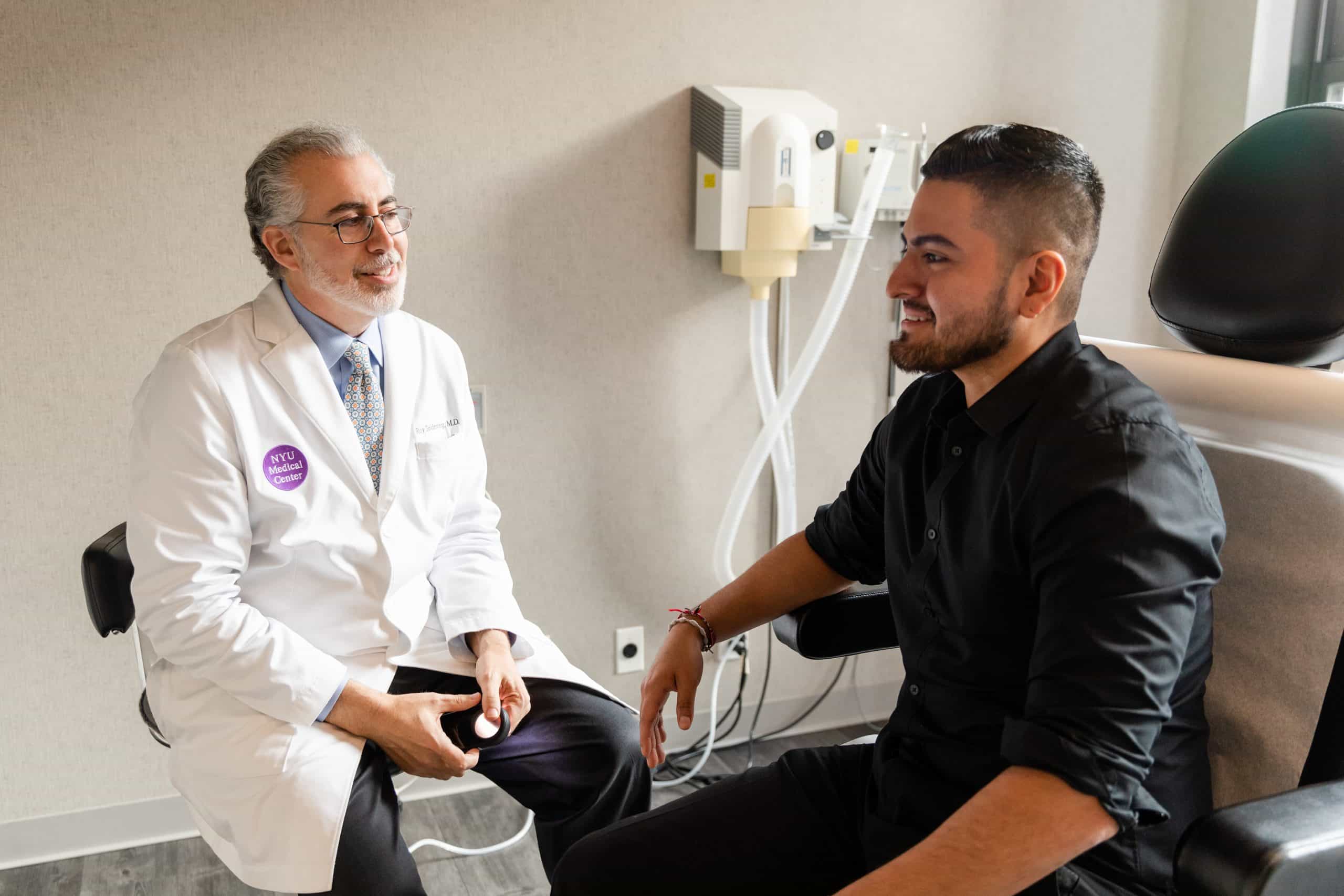
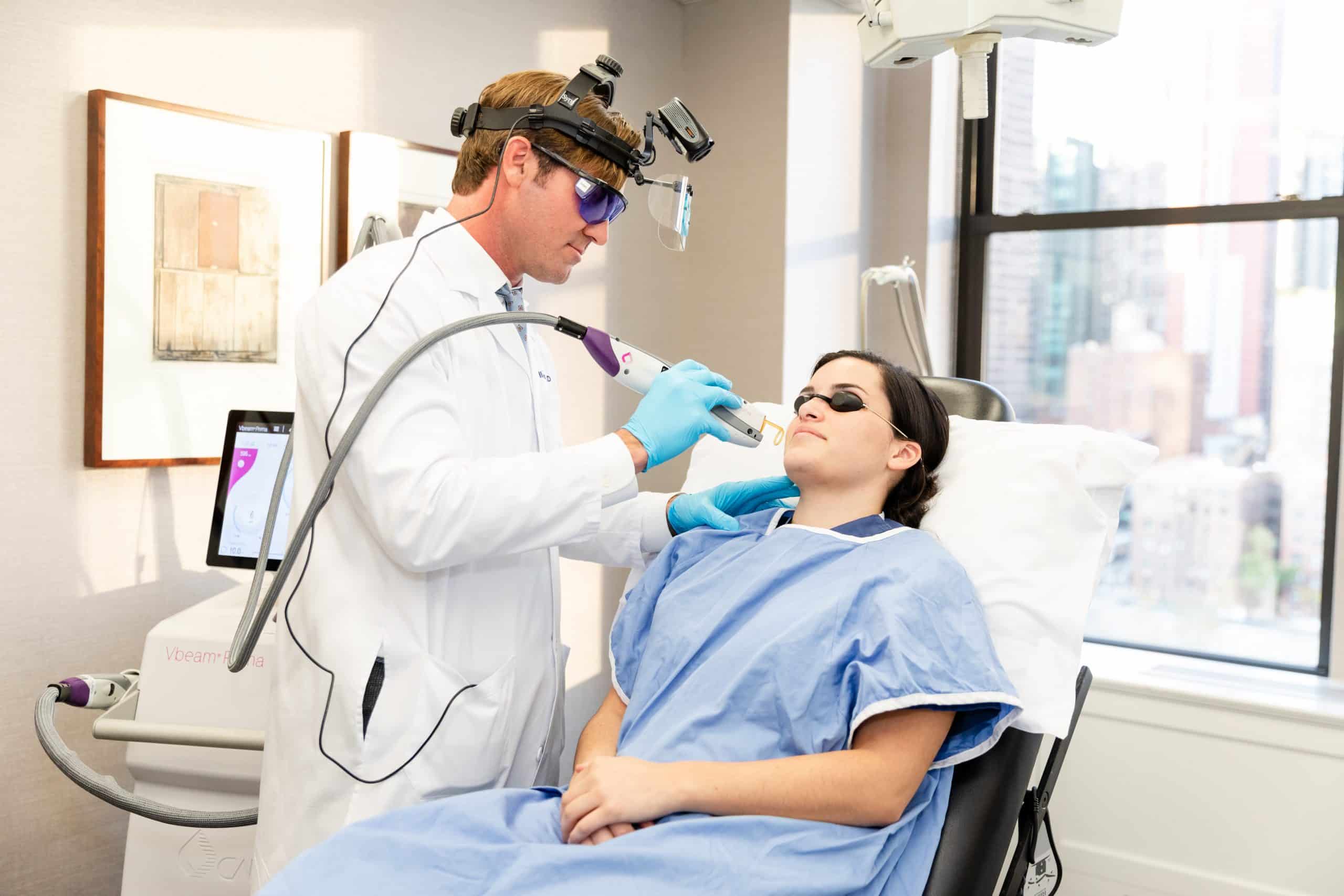
Procedures to Treat Acne
When topical and oral medications are not effective, other procedures are available. These might be used in combination to produce the best possible result. Procedures include:
- Cortisone injections – used for shrinking lesions and accelerating healing
- Chemical peels – control acne by removing outermost layers of skin
- Photodynamic Therapy (PDT) – utilizes light therapy to kill bacteria and shrink oil glands
*photo taken before COVID-19
Laser Acne Treatments
The board-certified dermatologists and laser experts at the Laser & Skin Surgery Center of New York also offer a variety of lasers that can address even the most severe acne breakouts. With a variety of devices available, we can customize your treatment to produce the best possible results. Options include:
- Isolaz – combines wavelengths of light with suction to clean out pores and reduce acne-causing bacteria
- Smoothbeam – targets the sebaceous glands with wavelengths of light to reduce oil production
- Excel V – addresses skin redness that often accompanies acne breakouts
- Nd:YAG – a Q-switched laser that also treats redness and inflammation common with active acne
We also offer a new technique that combines the Excel V with the Nd:YAG in a single treatment to further enhance your results.
*photo taken before COVID-19
Can Acne be “Cured”?
*photo taken before COVID-19
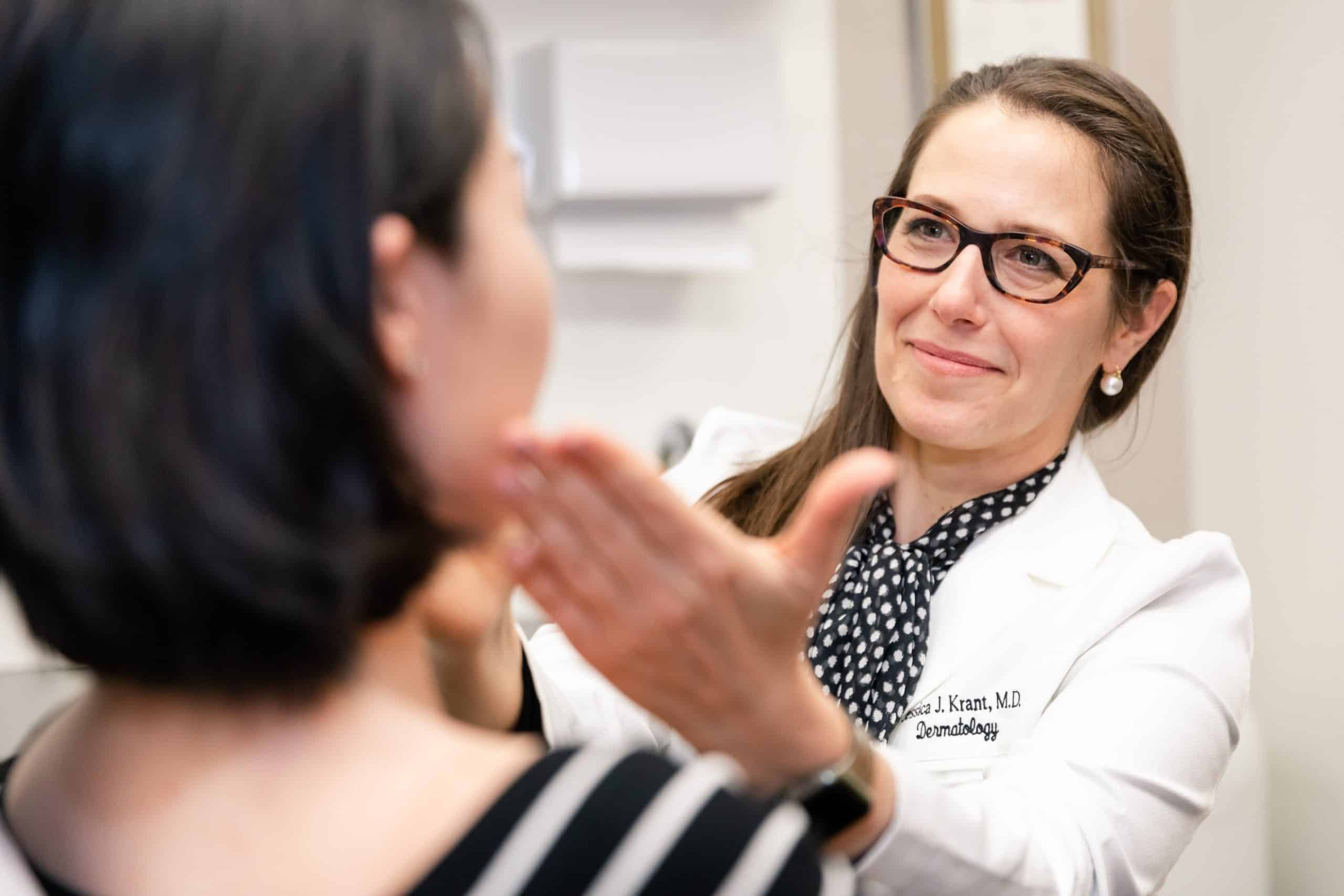
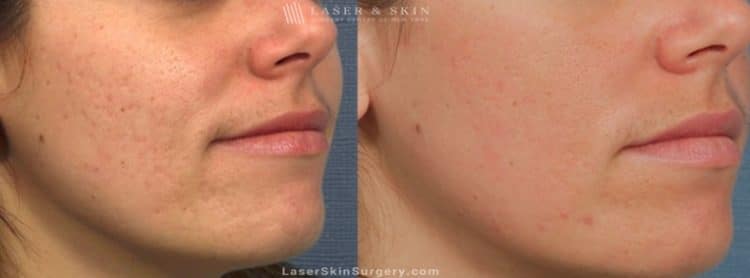
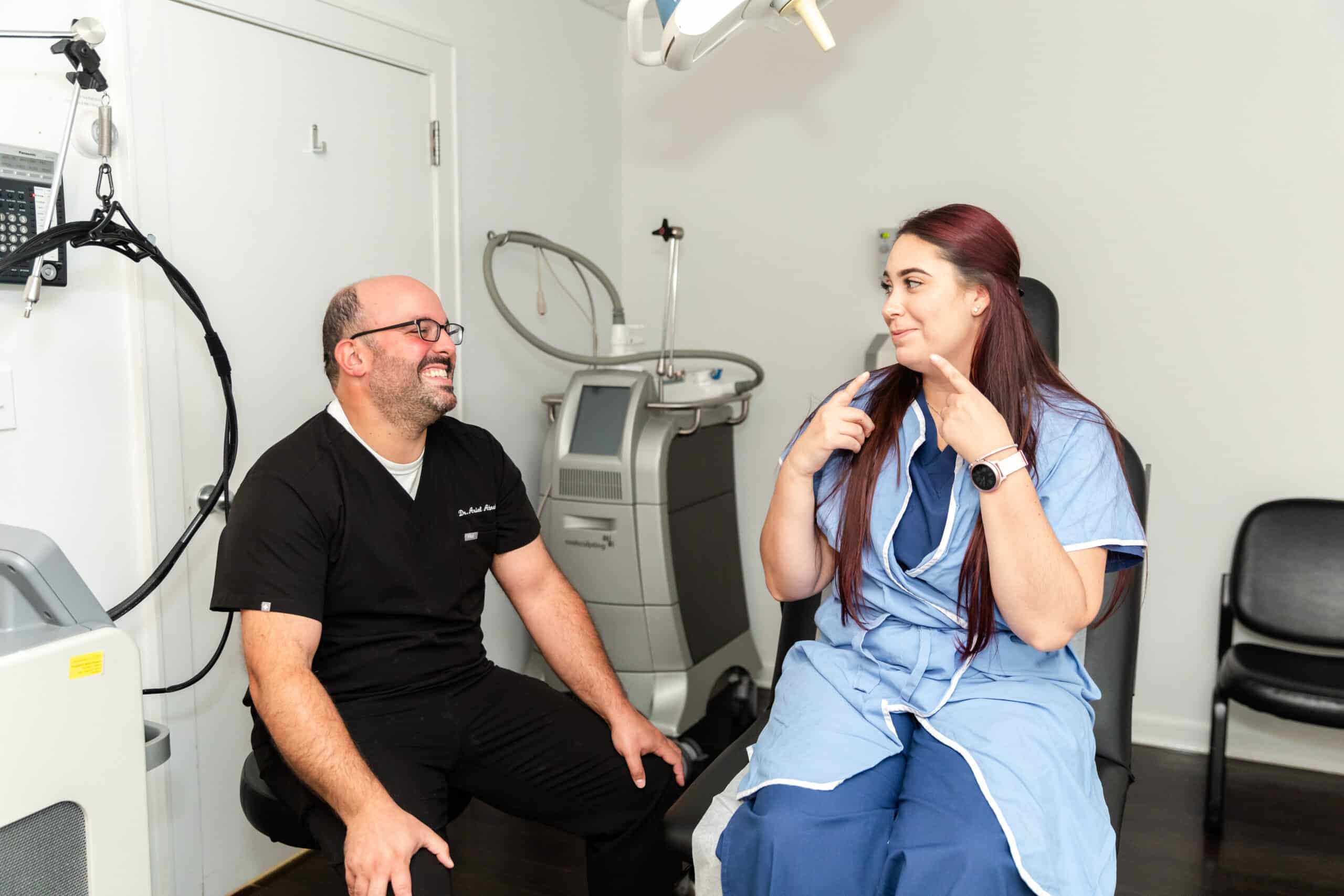
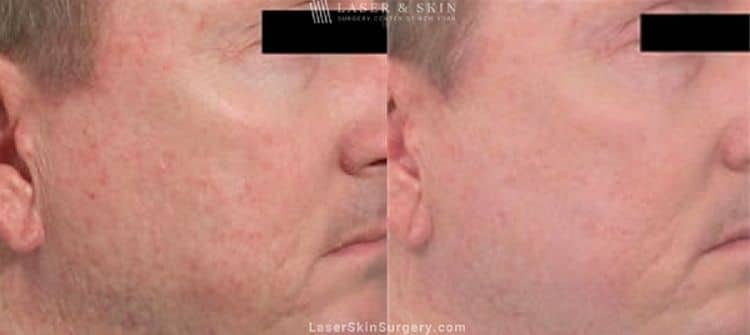
Dealing with Acne Scarring
Even when the breakouts finally end, individuals are often left with residual scarring from the lesions. This is one good reason to treat acne in its early stages, to avoid permanent damage to the skin.
The Laser & Skin Surgery Center of New York offer a variety of treatment options for acne scarring. These procedures have improved dramatically over the past several years thanks to cutting-edge laser technology. While acne scarring cannot be “cured,” most of our patients experience substantial improvement with laser treatment.
Some of the devices used for this purpose include:
Non-ablative fractional resurfacing:
Ablative fractional resurfacing:
The best treatment option will depend on the types of scars and the unique characteristics of each patient. In many cases, a combination of lasers is used to achieve the best results with acne scarring.
*photo taken before COVID-19
Real Acne Patients Before and After photos
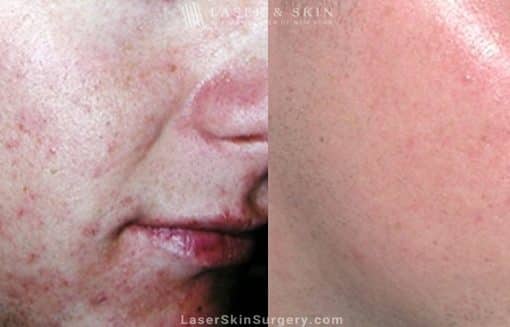
Laser to reduce appearance of acne scarring
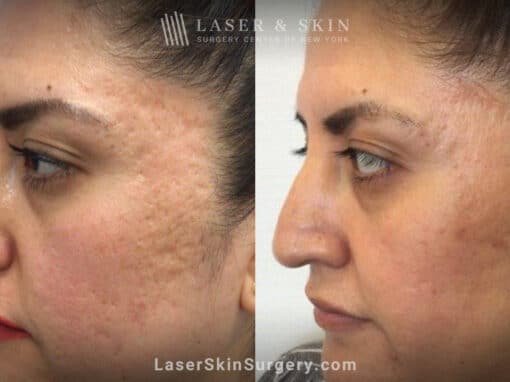
Genius microneedling to treat acne scarring – after three treatments
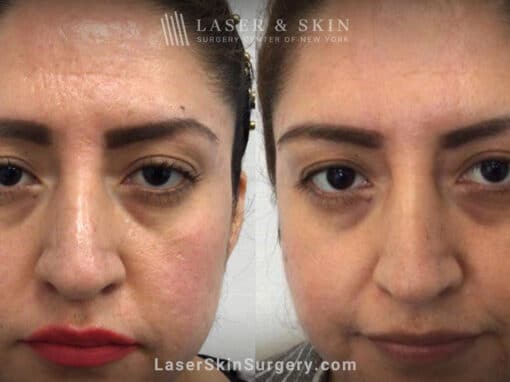
Genius microneedling to treat acne scarring – after three treatments
Acne In The News

Has Your Acne Only Gotten Worse During Lockdown? Featuring Dr. Seidenberg on Pop Sugar
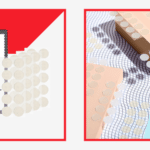
The 11 Best Acne Patches For Men, featuring Dr. Weiss in Men’s Health

Game Changer for Treating Acne Scars? Robert T. Anolik, M.D., featured in Allure magazine.
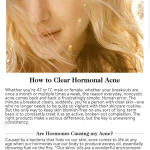
“How to Clear Hormonal Acne” Robert T. Anolik, M.D., featured in goop magazine
Acne Questions and Answers
Q: Can I Reduce My Chances of Getting Actinic Keratosis?
A: Limiting your exposure to the sun can reduce your chances of developing actinic keratosis. Wearing sunscreen daily can also reduce your chances of developing actinic keratosis.
Q: Can Actinic Keratosis Develop Into Cancer?
A: Yes. If left untreated, it is possible for a squamous cell carcinoma to develop. Treatment is recommended as soon as possible to avoid this possibility.
Q: How Fast Does Actinic Keratosis Develop?
A: Actinic keratosis can take years to develop.
Q: Who Is At Risk For Developing Actinic Keratosis?
A: Everyone is susceptible, but precautions can be taken to reduce your chances. Excessive sun exposure, family history, fair skin and/or light eyes can greatly increase an individual’s chance of developing skin cancer.
Q: How Much Does Treatment Cost?
A: Treatment costs vary by patient. Contact your dermatologist to figure out a treatment that is best for you.
Next, read about…
Sagging Skin
The skin’s underlying structure degrades over time, leading to skin laxity and sagging skin. Collagen, the essential protein in our skin, begins to decline as early as our 20s, leaving skin without support from within. Restoring collagen helps to restore the skin’s youthful vitality.
Wrinkles
Wrinkles are a common and unwanted sign of aging. As you age, your body produces less collagen, creating saggy and wrinkly looking skin. Our customized strategies to combat wrinkles include laser resurfacing, dermal fillers, and wrinkle relaxers.
Brown age spots
Age spots and brown spots (also known as sunspots, liver spots, and lentigines) are a consequence of aging and sun exposure. The most effective treatment for eliminating these spots and other skin pigmentation is laser therapy, which usually includes little to no downtime after treatment.
Haven't found
WHAT you are looking for?
patient approved
Trusted Worldwide
patient approved
Trusted Worldwide
laser & skin surgery
center of new york
Contact us
Manhattan:
317 East 34th Street New York, NY 10016
Monday – Friday: 8:00am – 5:00pm
Same-Day Appointments Now Available
Southampton:
325 Meeting House Lane, Bldg. 1, Ste. C Southampton, NY 11968
Monday - Friday: 8:30am - 4:30pm
Same-Day Appointments Now Available
Pay Online for Patients of Drs. Anolik, Bae & Seidenberg
Pay Online for Patients of Drs. Abraham, Bernstein, Krant, Shelton, Weiss, Hoffman, Shim, Wilson, and Petratos
By LASER & SKIN SURGERY CENTER OF NEW YORK® | © 2025 All Rights Reserved. Design & Development by Goldman Marketing Group | Sitemap | Privacy Policy | The information available on this web site is provided for informational purposes only. This information is not intended to replace a medical consultation where a physician's judgment may advise you about specific disorders, conditions and or treatment options. We hope the information will be useful for you to become more educated about your health care decisions. If you are vision-impaired or have some other impairment covered by the Americans with Disabilities Act or a similar law, and you wish to discuss potential accommodations related to using this website, please contact us at 212.941.5055.
*MDs perform 100% of all medical and cosmetic treatments.
